ERP in manufacturing: Need of the hour
October 8, 2018 5:01 pm
An ERP system gives a helping hand to companies for frictionless business operations by synchronising all information and communication within the organisation. Here, is an in-depth technological analysis on why ERP is the need of the hour for manufacturing industries.
The manufacturing industry is highly competitive and dynamic in nature. This makes it a necessity for businesses operating in the manufacturing sector to embrace an integrated enterprise management system to drive operational efficiency, profitability, sales and mitigate production costs. Most important of all, manufacturing businesses ought to have a robust ERP solution to help make sound and informed business decisions.
ERP for the manufacturing industry
ERP software is the answer to all these requisites, since it integrates all the critical aspects of a manufacturing business including, but not limited to, finance and accounting, sales, reporting, inventory and raw materials, resources, production, supply chain, etc. empowering the business to function in an efficient manner.
This is why manufacturing businesses are embracing ERP systems to streamline key processes. According to Jitendra Somani, CEO, Sage Software Solutions Pvt Ltd, here are few prominent reasons to why ERP is a boon for the manufacturing industry:
Compliance and quality control
As manufacturing businesses need to abide by various regulatory and safety compliances such as waste management, consumer labelling and healthy production practices. ERP software for the manufacturing industry helps to maintain stringent quality control by offering a centralised platform to document, track and report to regulatory auditors and authorities. Regulatory compliance is always a top priority for a manufacturing business and ERP solution is designed to meet these requirements.
Streamlines key business operations
ERP software, by streamlining key operations, makes available critical data on a unified platform with good visibility into key areas such as delivery, sales, finance, production, procurement, inventory, development, etc. The best part about ERP for manufacturing is that the users can easily track and monitor the production stat in real-time without having to rely on the production team or department. For example, you can monitor the production status and update the finance and purchase departments, notifying them about the need for additional raw materials. Thus, driving efficient production. Automation, on the other hand, eliminates the need to depend on manual processes. This not only drives the production, but also curbs the errors, improving profitability and customer satisfaction.
Intelligent analytics to make strategic decisions
ERP for manufacturing offers intelligent business analytics to help manufacturing businesses make strategic decisions on the go. As we know , getting deeper insights into manufacturing operations is the key to staying ahead of the curve. ERP brings all your critical manufacturing data on a centralised platform thus, making available advance analytics and business intelligence a click away. ERP software helps to break down the data into manageable and smaller packets for strategy interpretation thus, helping make strategic decisions at a much faster pace.
Save costs
ERP software, by streamlining and automating the time-consuming manual operations, helps a manufacturing business reduce overall operational costs significantly; not to forget, real-time and on-demand business data that the ERP makes available. Accurate inventory tracking eliminates additional warehousing and inventory related expenses.
ERP plays a pivotal role in putting intelligence at the heart of a manufacturing business helping it stay ahead of the curve. Gopinath Nallapan, Director, Effitrac Solutions admits some of the major point on it:
• Streamlined process: ERP allows you to organise your tasks according to your priorities; thus, removing non-value added steps from your process.
• Increased tracking mechanisms: ERP lets you to track all the business activities efficiently.
• Improved decision making: With analytics & reporting, decision making becomes easier & effective.
• Real-time updates of processes: ERP software enables you to use real-time data to improve the visibility and reliability of your business decisions.
• Savings in time & money through multiple KPI’s: ERP software reduces the manual tasks and automates your workforce; thus, relieving you from implementation costs and enhances time reduction.
• Complying to industry standards and regulations: Whether it is incident management or report generation, an ERP software abides by the industry standards and regulations.
Future for ERP
Jitendra asserts, “As you all are aware of the digital disruption brought by the globalisation coupled with the ‘Make in India’ initiative, manufacturing businesses are resorting to intelligent enterprise technology and systems than ever.”
Looking at the digitisation, here’s what the nexus of technology and ERP has in store for the manufacturing industry:
ERP and Artificial Intelligence (AI)
AI, clearly, is the next big thing in the ERP landscape. You need to brace yourselves for AI-powered ERP solutions that can be pre-programmed or customised to learn and identify routine business processes. This would go a long way in reducing operational/production costs whilst eliminating human errors significantly. Of all, an AI-powered ERP software would help manufacturing businesses get the most out of their enormous data volumes through machine learning algorithms. It will assess this data to eliminate error-prone mundane tasks whilst optimising key processes. Interestingly, AI-based ERP solutions with excellent automation capabilities would free up the workforce.
Industry 4.0 and ERP
Thanks to IoT, most of the manufacturing devices and equipment are much smarter and connected than ever, paving way for agile and efficient operations. Cloud and ERP will play a huge role in driving smart manufacturing, also known as Industry 4.0. Also known as smart factory, Industry 4.0 is mainly about automation and exchange of data between critical business processes. A fine example of Industry 4.0 and ERP in the manufacturing industry is efficient supply chain management that would help drive revenue and operational efficiency.
Industrial Internet of Things (IIoT)
We live in a connected world where smart devices and products communicate with each other over Internet. Also, IIoT in the world of manufacturing, IoT is all set to drive the industry by storm. For example, a printer would print your production sheets, the moment you walk onto the floor and also sends an email including the reports automatically. According to Gopinath, here’s what the future of ERP for the manufacturing industry:
• Mobile ERP:
• A Mobile ERP software will let you connect to your ERP software and lets you make decisions anytime and anywhere
• Industry 4.0
• IoT – Automation and data collection directly from machines
• IoT is known to automate the business processes, collect the business data and make enhanced decisions based on it
• RFID for asset management
• Using RFID to track, identify and audit your assets easily, which in turn reduces cost and human errors.
Artificial Intelligence and cognitive computing
Report generation enabled with business intelligence will reduce workload and will have historical data to corroborate business decisions. With cognitive computing, we will be simulating human-like business decisions and interactions on client queries. Software with huge volumes of historical data will be able to analyse and make decision similar to humans. Jitendra concludes, “To your amazement, ERP sits at the core of all the aforementioned emerging enterprise tech trends. ERP holds the key to unleashing the real power of AI, IoT or IIoT and Industry 4.0.” Harnessing the potent of these tech trends would require the manufacturing industry to contextualise business information or data and integrate the same into a powerful workflow. This is where they would require investing next-gen and smarter ERP solutions that not only connect the data, but would also connect processes and people in an intuitive yet seamless way.
ERP holds the key to unleashing the real power of AI, IoT or IIoT and Industry 4.0.
Jitendra Somani, CEO, Sage Software Solutions Pvt Ltd
ERP Software enables you to use real-time data to improve the visibility and reliability of your business decisions.
Gopinath Nallapan, Director, Effitrac Solutions
Cookie Consent
We use cookies to personalize your experience. By continuing to visit this website you agree to our Terms & Conditions, Privacy Policy and Cookie Policy.



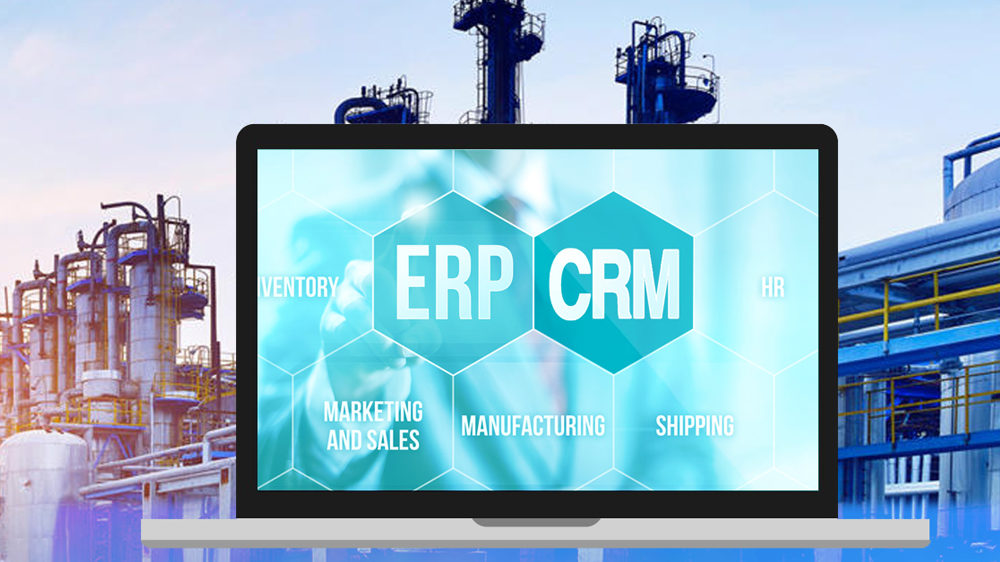
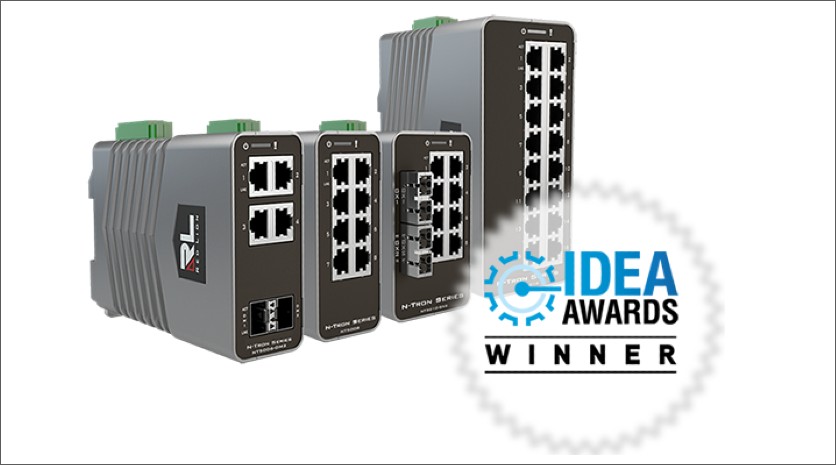
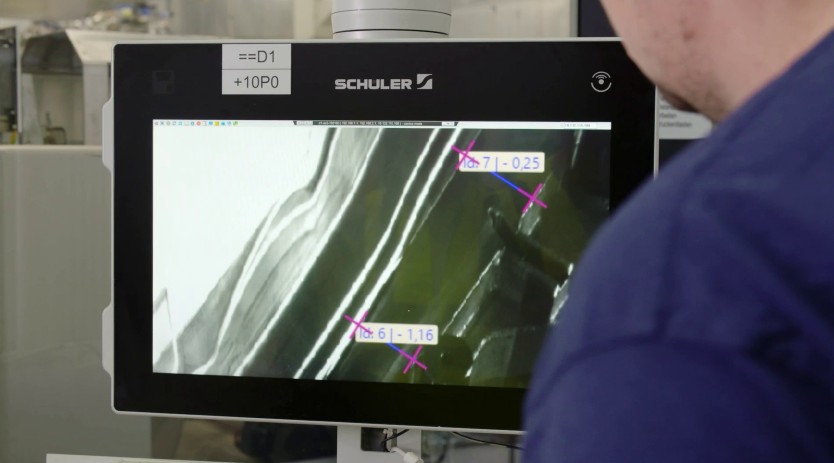
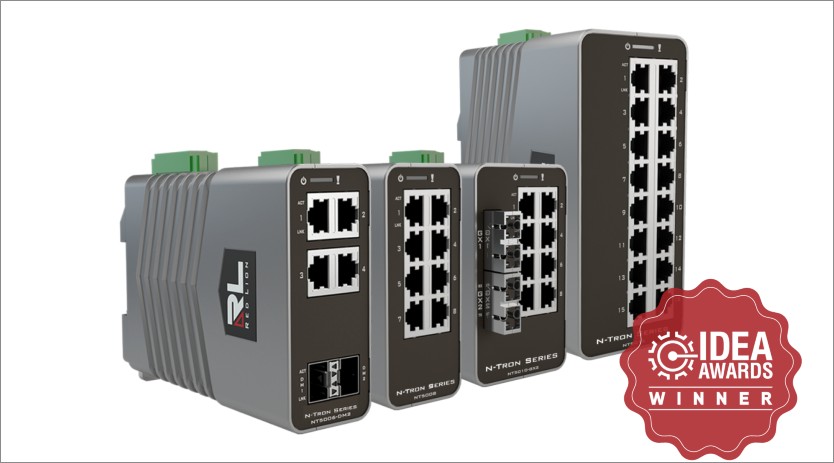

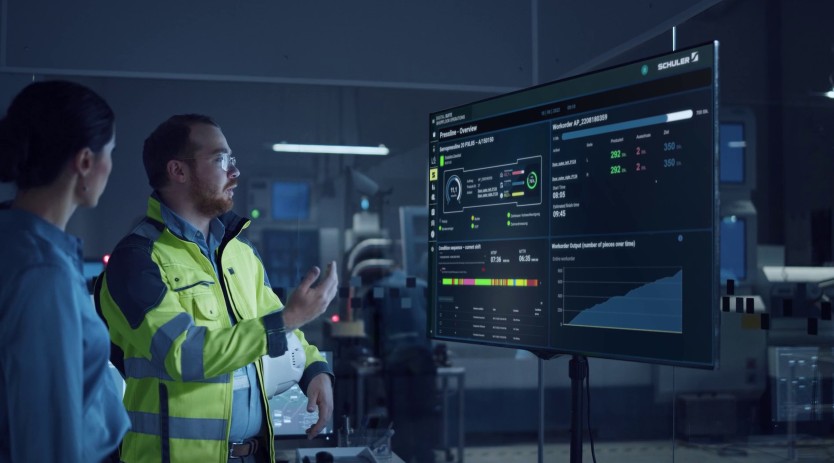
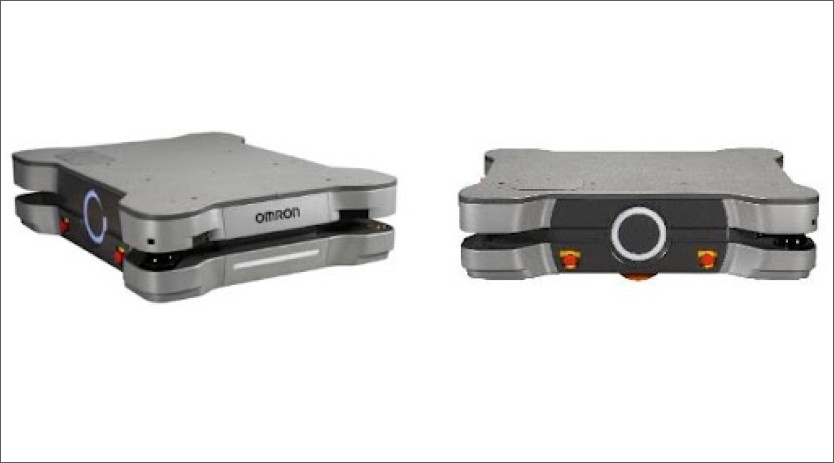
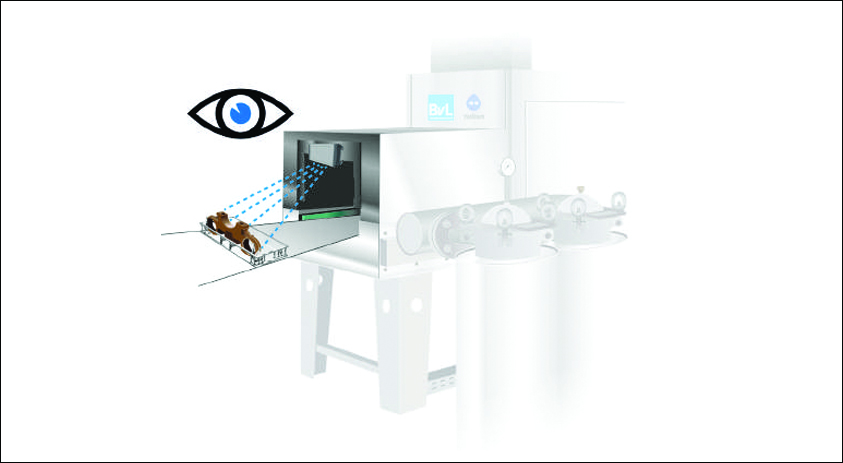







 English
English Hindi
Hindi